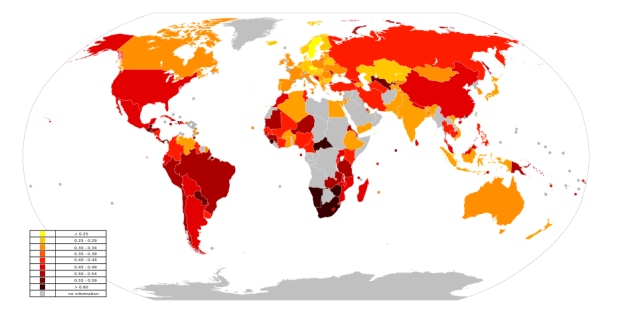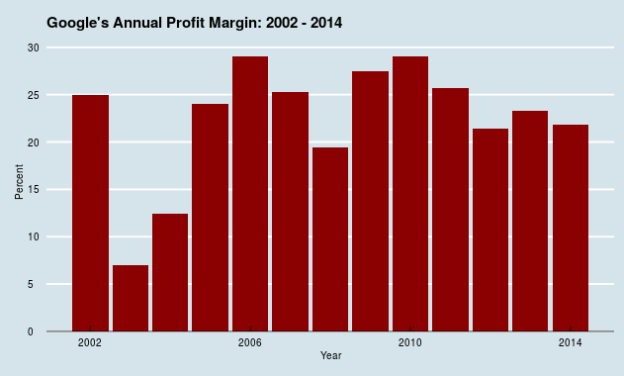Category: ICTD
-
Belated review of “Why Nations Fail”
Acemoglou and Robinson’s book is now quite famous and certainly does not demand yet another review. The debate between the authors and Jeffrey Sachs is also well known (see http://bit.ly/1Ed4maK for the latest, and here for an independent assessment). The book proposes a seemingly simple model for the evolution of humanity since “the Neolithic Revolution”…
-

Robotics and job creation: Is this time different?
Debates on the impact of automation on job creation are certainly not new. On the one side, we find those who argue that automation is the trigger for massive unemployment. On the other side are those who say automation can actually create more (and new) jobs. Historical evidence seems to show that both sides a…
-
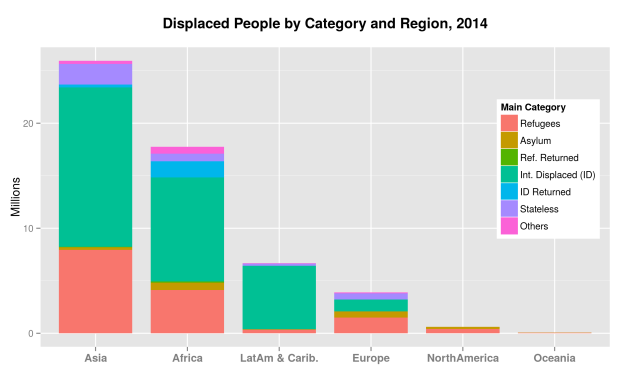
Who are the Refugees?
A few weeks ago, the office of the UN High Commissioner for Refugees, UNHCR, published its latest report on the current status of people who have been displaced from their homes and lands. Although I have not closely tracked down these reports in the past, my interest on the subject has been increasing over time…
-
The future of automation and the automation of the future
Chaplin’s 1936 Modern Times, by now a classic of silent cinema, offers an inside glimpse of the automation of industrial production in the first part of the 20th Century. Our little tramp has somehow found a job in a factory, which is in the middle of an unspecified city, and spends his time doing the…
-
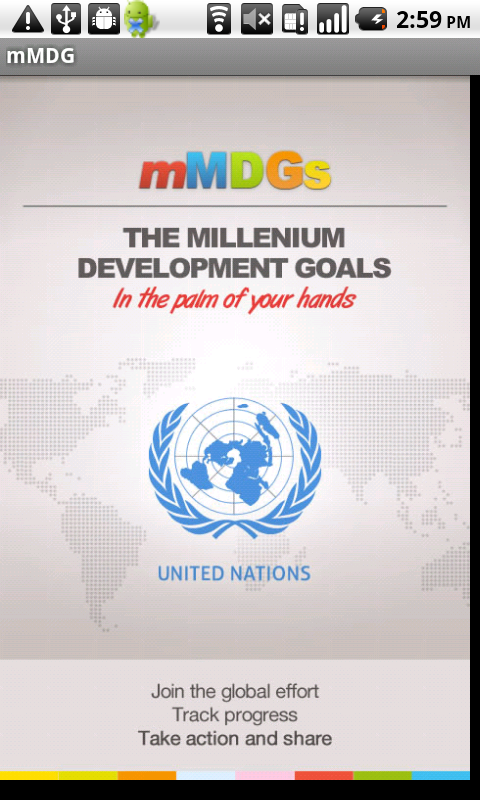
Towards a Political Economy of (Open) Data
Apps and data Almost five years ago, while working together with former UN colleagues, we decided to create a mobile app that could show data on the progress towards the achievement of the UN Millennium Development Goals (MDGs). The key purpose of the project was to raise awareness of people in general on how the…
-

Social Innovation and Governance: A Quick Glance
The idea of innovation, certainly not new to development practitioners, is again picking up steam. In fact, it has become a buzzword that is now permeating many discussions and development conversations. The Arab Spring and other social movements in both developed and developing countries brought back to the forefront not just the catalytic importance of…
-
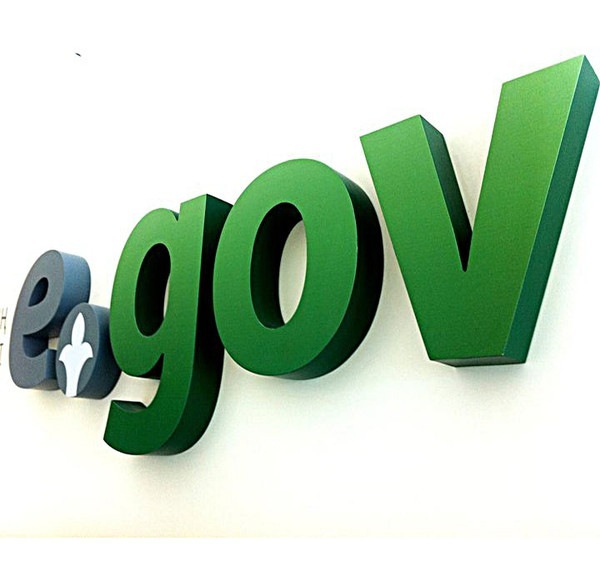
10 steps to ensure successful ICTD/e-governance implementation
Since the dawn of the new Millennium we have seen rapid changes in the ICT environment where mobiles and mobility are explicit trendsetters. The same can be said about the use and deployment of ICTs in the public sector. We started with e-government and then moved to e-governance a few years later -we can also…
-

Perception, Sampling and Crowdsourcing
In Kurosawa’s 1950 film classic Rashomon, four people share with us gripping details about a murder and alleged rape that had taken place 3 days earlier on the road in the middle of a deserted forest. Three of them were part of the actual event (including the murdered Samurai who, thanks to a medium, manages…
-
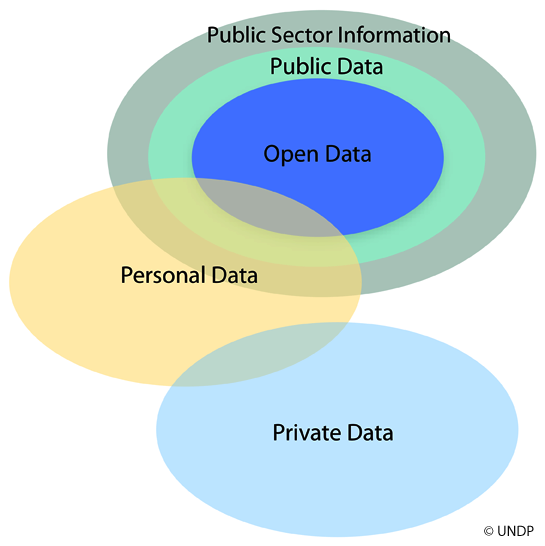
Public Sector Information, Open Data and Data Revolution
For a while, I have been planning on writing about the post-2015 High-Level Panel (HLP) report and the role of ICTs in the new development agenda. As I see it, the report has missed an ample opportunity here (as the old MDGs did!) by focusing primarily on one aspect of the new technologies potential to…
-

ICTs and Sustainable Development: Tacking Stock
Background The idea of SDNP ( http://www.undpegov.org/sdnp/) emerged during preparations for the 1992 Rio de Janeiro Earth Summit. The perception that many countries, especially poorer ones, lacked reliable information to make effective decisions and promote sustainable development issues was on the table. How could countries take responsibility and be accountable for implementing UNCED agreements in…
-
Weekly Update: 15 July
This week was essentially focused on the upcoming BDP agenda for change and the follow-up to the GMM. I posted some of my inputs earlier in the week in this space. Overall, BDP seems to be taking a low profile approach to the change process being push by top managers. If anything, BDP should prepare…
-
Free/Open Source Software and Public Sofware: Concept Note
Objective The purpose of this concept note is to shed some light on the notion of Public Software (Software Publico, SP), based on the original model developed by the Brazilian Government (Software Público Brasileiro – SPB), and compare it with the broader concept of Free and Open Source Software (FOSS). The idea of SP has…
